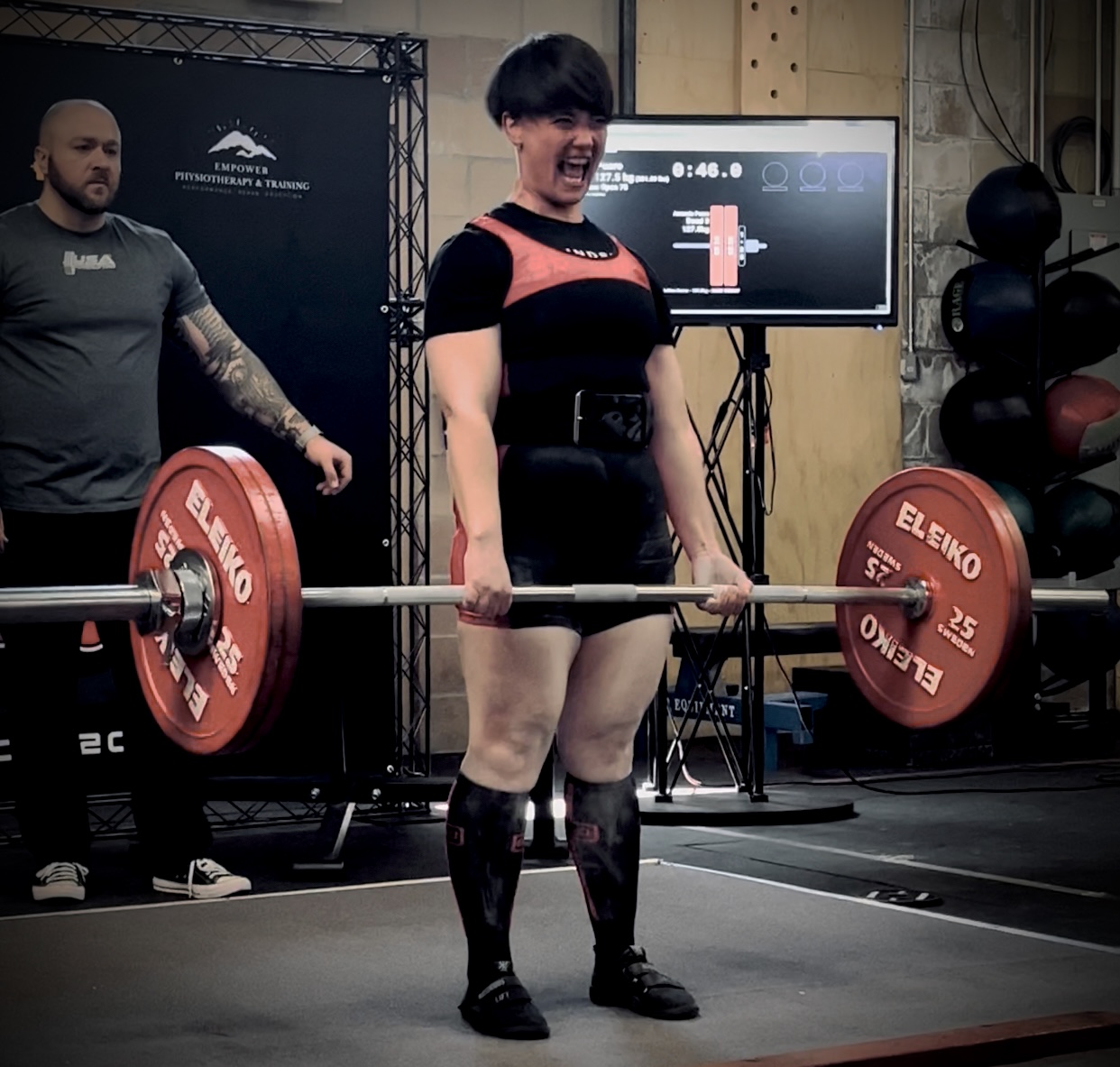Playing the Scoreboard: Crafting Your Winning Strategy for Weightlifting Competitions
- Coach AP
- Dec 29, 2023
- 2 min read
The electrifying atmosphere, the clanging of weights, and the intense focus of athletes – an Olympic weightlifting competition is a spectacle of strength, precision, and strategy. Beyond the raw power and technique, success often hinges on more than just lifting prowess; it's about crafting a well-thought-out game plan, and navigating the scoreboard effectively. Let's delve into the art of establishing a winning strategy in Olympic weightlifting competitions.
Understanding the Scoring System
Before diving into strategy, it's crucial to grasp the scoring system. In weightlifting, athletes have three attempts in two specific lifts: the snatch and the clean and jerk. The total weight lifted in both categories determines the overall score. Athletes must balance the weight they lift with the number of attempts to optimize their chances of winning.
Analyzing Competitors
In Olympic weightlifting, knowing your opponents is key. Understanding their strengths, weaknesses, and previous performances can provide invaluable insights. Analyze their past competitions, observe their tendencies, and identify their typical opening weights. Do they usually reach too far on their third attempt and miss? Do their nerves affect their performance? This knowledge will aid in setting realistic targets and adjusting strategies accordingly.
Setting Opening Attempts
The opening weight for each lift is pivotal. It should be a weight that you can confidently lift, setting a solid foundation for subsequent attempts. Conservative yet competitive opening weights ensure a successful start, boosting confidence and building momentum for heavier lifts.
Adaptive Planning
Flexibility is paramount in competition. Adaptability allows for quick adjustments in response to unforeseen circumstances, such as failed attempts by competitors or unexpected changes in performance. Have backup plans for different scenarios, enabling swift decision-making between attempts.
Managing Attempt Selection
Strategic attempt selection can make or break a competition. Each successful lift contributes to the total score, but failed attempts can be detrimental. Plan attempts meticulously, considering not only your physical capacity but also the psychological impact of missed lifts. Optimize attempts to maximize total weight while minimizing risks.
Psychological Preparedness
Competing in weightlifting involves a mental battle as much as a physical one. Stay focused, maintain composure, and trust your training. Visualization techniques and mental rehearsal can bolster confidence and prepare you for the intense pressure of competition.
Final Attempts and Risk Assessment
As the competition progresses, the final attempts become crucial. Assess the scoreboard, calculate the necessary weight to secure a podium finish, and strategize accordingly. It might involve taking calculated risks, pushing your limits, or strategically securing a certain position to guarantee a medal.
In the realm of Olympic weightlifting, success hinges not only on raw strength but also on astute strategy. Crafting a winning game plan involves a blend of careful analysis, adaptability, and mental fortitude. The scoreboard becomes a canvas upon which athletes strategically paint their performances, navigating lifts to secure victory.
Ultimately, a well-crafted strategy in Olympic weightlifting is the amalgamation of physical prowess, mental resilience, and strategic finesse. Mastering the art of playing the scoreboard requires dedication, preparation, and the ability to perform under immense pressure. It's not just about lifting weights; it's about lifting intelligently and strategically in pursuit of the athlete's goals.


Comments